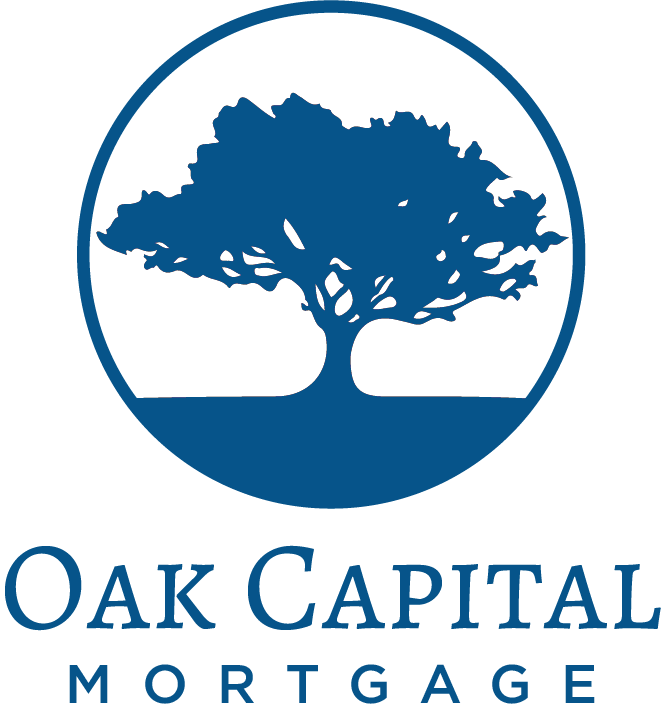When is it a Good Time to Refinance? As President of Oak Capital Mortgage, I…
The Differences between FHA and VA Mortgages

FHA vs. VA Loans: Understanding the Differences
When it comes to buying a home, financing is often one of the biggest hurdles to overcome. Two popular loan options that help make homeownership more accessible are FHA (Federal Housing Administration) loans and VA (Veterans Affairs) loans. While both aim to assist specific groups of homebuyers, they have distinct differences. Let’s dive into what sets these two loan types apart.
FHA Loans: Accessible for All
FHA loans are designed to help a wide range of people, especially first-time homebuyers, those with lower credit scores, and individuals who might not have a large down payment saved up. Here are some key features of FHA loans:
1. Lower Down Payments
One of the main attractions of FHA loans is the lower down payment requirement. You can put down as little as 3.5% of the home’s purchase price if your credit score is 580 or higher. This is a huge advantage for buyers who struggle to save a substantial amount of money.
2. Flexible Credit Requirements
FHA loans are known for their more lenient credit score requirements. While a conventional loan might require a credit score of 620 or higher, FHA loans can be available to those with scores as low as 500 (with a higher down payment of 10%).
3. Mortgage Insurance
With an FHA loan, you’ll need to pay mortgage insurance premiums (MIP). There’s an upfront premium (usually 1.75% of the loan amount) and an annual premium that’s paid monthly. This insurance protects the lender in case you default on your loan.
4. Loan Limits
FHA loans have limits on how much you can borrow, which vary by location. These limits are designed to ensure the program serves the intended population of moderate-income buyers.
VA Loans: Exclusively for Veterans and Military Personnel
VA loans are a benefit offered to veterans, active-duty service members, and certain members of the National Guard and Reserves. These loans are backed by the Department of Veterans Affairs and come with some outstanding perks:
1. No Down Payment
One of the most significant benefits of a VA loan is the ability to buy a home with no down payment. This makes homeownership much more attainable for military families who may move frequently or have limited savings.
2. No Mortgage Insurance
Unlike FHA loans, VA loans do not require private mortgage insurance (PMI) or MIP. This can save borrowers a substantial amount of money over the life of the loan.
3. Competitive Interest Rates
VA loans often come with lower interest rates compared to conventional loans. The VA’s guarantee to the lender means less risk, which translates to better terms for the borrower.
4. Flexible Credit Requirements
VA loans also have flexible credit requirements, often more lenient than conventional loans. While there’s no minimum credit score set by the VA, lenders typically look for a score of at least 620.
5. Funding Fee
To help cover the cost of the program, there’s a funding fee required with VA loans. This fee can be rolled into the loan amount and varies based on factors like down payment and whether it’s the first time you’re using a VA loan.
Which One is Right for You?
Choosing between an FHA and a VA loan depends largely on your personal circumstances. If you’re a veteran or active-duty service member, a VA loan’s no down payment requirement and absence of mortgage insurance make it a highly attractive option. On the other hand, if you don’t qualify for a VA loan but need more flexible credit requirements and a lower down payment, an FHA loan might be the perfect fit.
Conclusion
Both FHA and VA loans serve as valuable tools in making homeownership more accessible. By understanding the differences and benefits of each, you can make an informed decision that best suits your financial situation and homeownership goals. Whether you go with an FHA or a VA loan, the most important step is to start the journey towards owning your own home. Happy house hunting!




